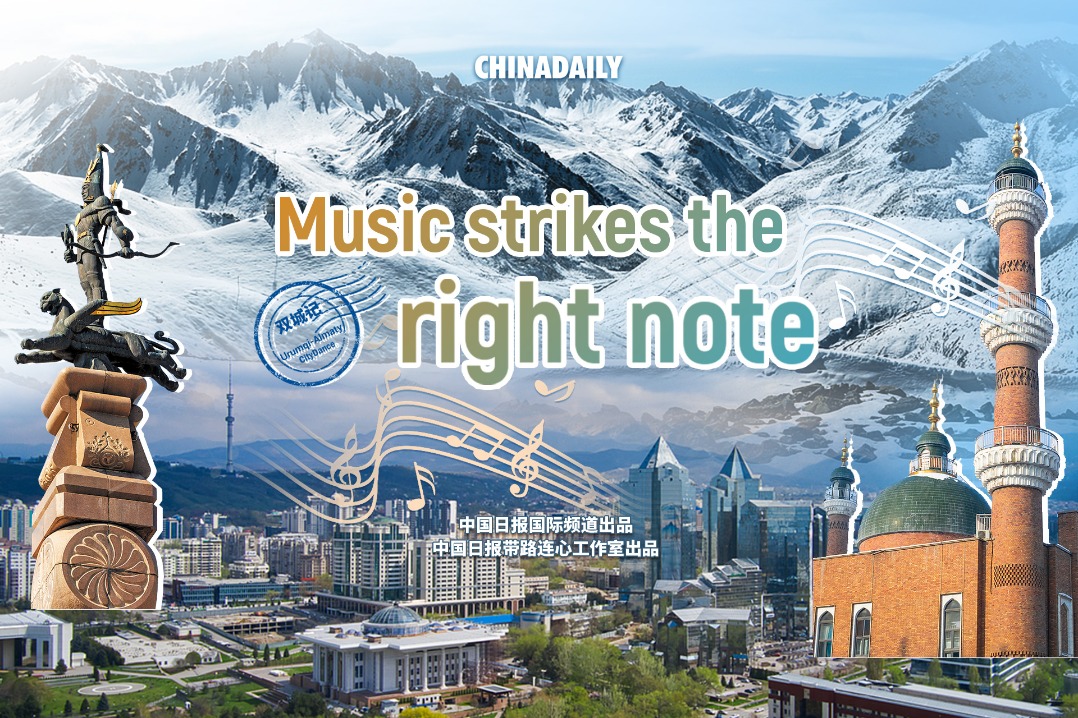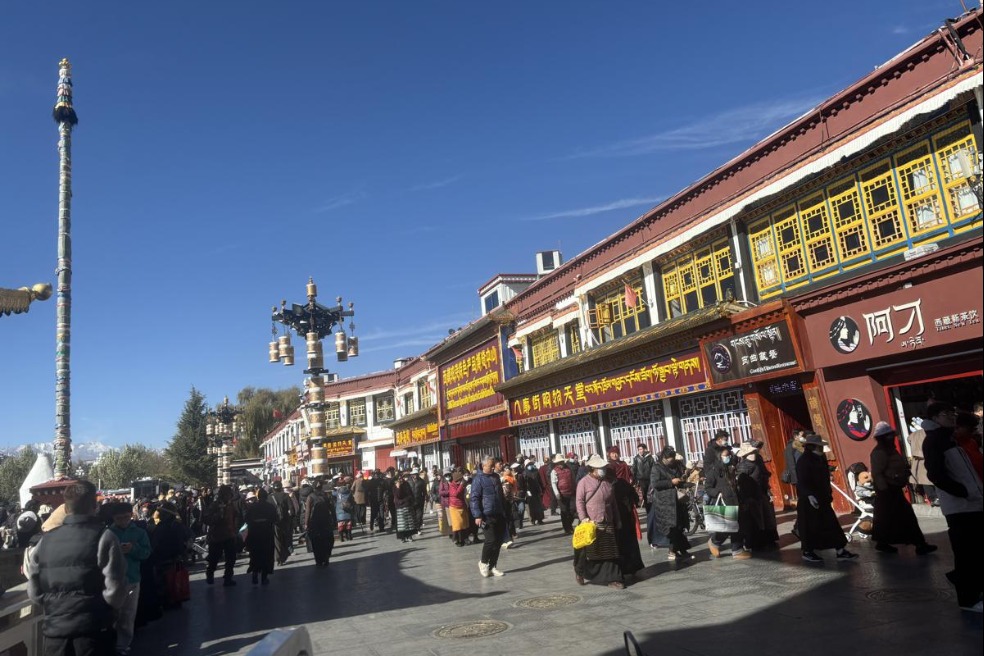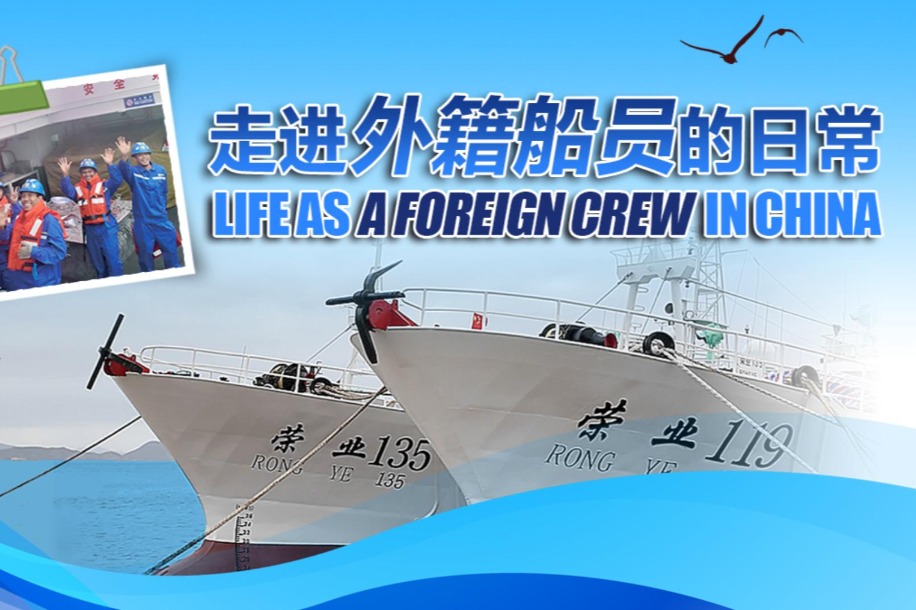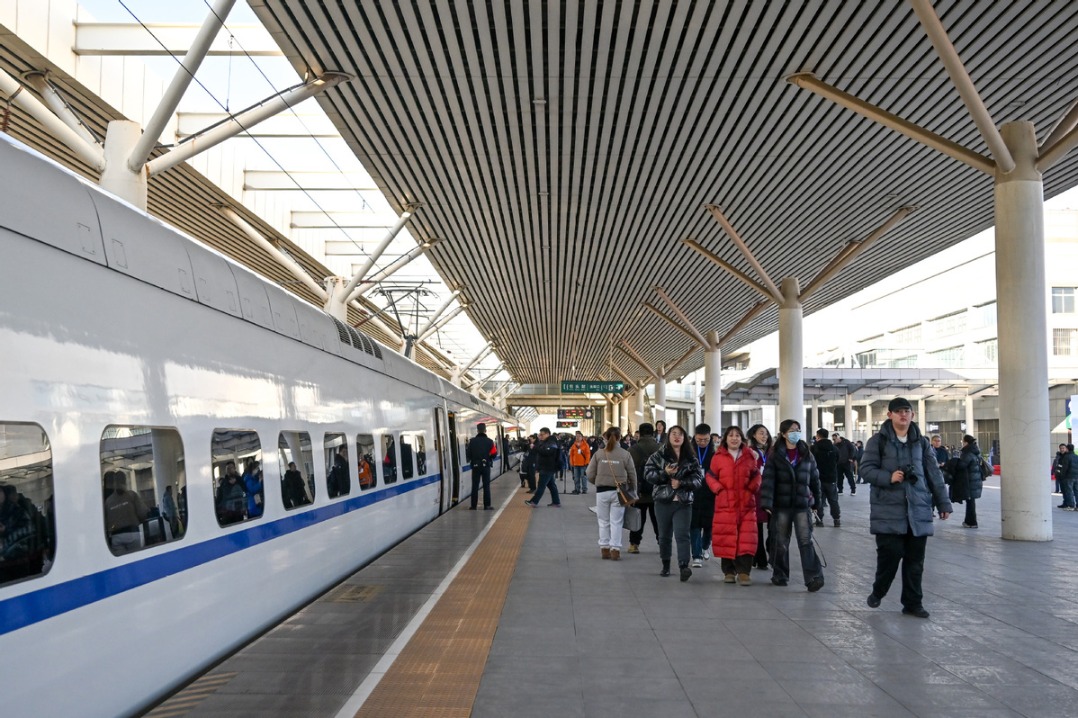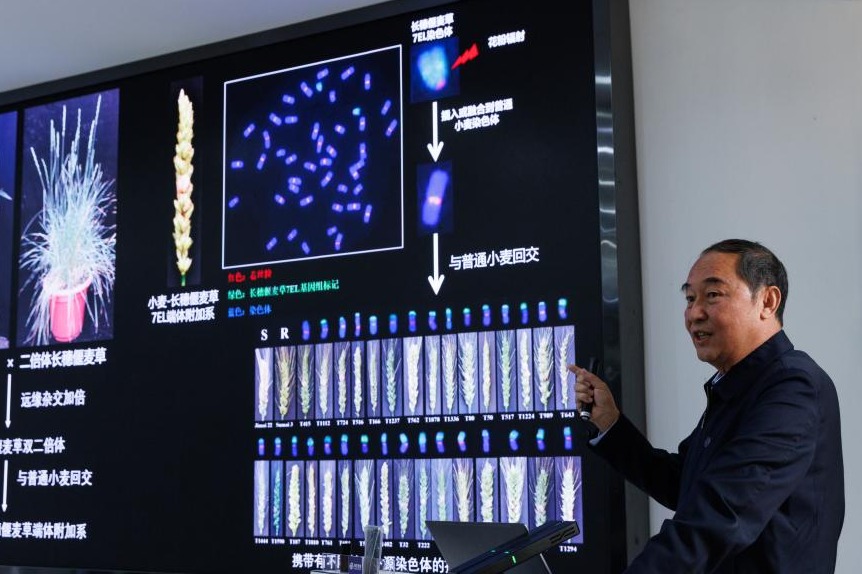Forum underscores importance of China's high-quality growth

The inaugural Global Forum of Finance and Economics, hosted by the Central University of Finance and Economics and Economic Daily, took place in Beijing on July 8.
Under the theme of "China's high-quality economic development and global economic growth", the forum focused on current hot topics of global finance and economics and was attended by more than 400 participants, including officials, experts and representatives from the business community.
Nobel laureates, leaders of international organizations and renowned scholars from China and abroad were invited to speak. Through in-depth discussions and the sharing of professional expertise, the forum provided a platform for fostering communication among global government, industry, academia and research sectors.
He Xiuchao, Party secretary of CUFE, said in his speech: "Economic globalization is characterized by significant fluctuations and disruptions. The latest technological revolution and industrial transformation have created new opportunities and driving forces. In this critical juncture of global economic recovery and transformation, it is crucial to pursue high-level opening-up, strengthen the foundations of an open economy and establish seamless circulation systems to realize high-quality economic development."
He also emphasized the importance of advancing high-standard green development, developing green finance and promoting high-quality digital empowerment to nurture new growth drivers.
Zheng Qingdong, president and editor-in-chief of Economic Daily, pointed out that the Chinese economy is deeply integrated into the global economy and has become a primary driving force behind global economic growth. He emphasized that economic globalization is an irreversible process, and that China's development is interconnected with the world, just as the world's prosperity requires China's contribution.
He stressed the importance of enhancing unity and upholding the principles of mutual respect and win-win cooperation in order to accelerate the recovery of the global economy and foster a new phase of balanced, coordinated and inclusive development.
Nobel laureates in economics, Michael Spence, Robert Engle and Robert Aumann, delivered keynote speeches with the titles "Digital Economy in the AI 2.0 Era", "Climate Stress Testing and Financial Market" and "Economic Development and Incentives".
Spence said that in the AI era, AI technology will affect the entire economic sector, particularly finance, economics, trade and various business operations. He highlighted the importance of collectively exploring how to harness big data technology to ensure the secure development of the digital economy.
Engle shared insights into portfolios and risk forecasting in the context of climate risks. This approach enables the most up-to-date assessment of how the market perceives risks associated with climate change, allowing for comparisons across various periods of time and different countries.
Aumann expounded on the pivotal role of incentives in economic development, stating that the most crucial element of game theory is utilizing incentive mechanisms to achieve goals. He suggested that providing the right incentive mechanisms to individuals is vital in business management.
Lou Jiwei, the president of the Society of Public Finance of China and a former minister of finance, pointed out that China's economy has transitioned from a phase of high-speed growth to a phase of high-quality development. He suggested that it's necessary to maintain an appropriate growth rate and shift from investment-driven to consumption-driven growth.
Jiang Xiaojuan, a professor at the University of Chinese Academy of Social Sciences and a former deputy secretary-general of the State Council, China's Cabinet, proposed that multiple policies be implemented to unleash new impetus for economic recovery.
"We should coordinate domestic and international dual circulation and promote the high-quality development of China's economy and better integration into the global economy through high-quality opening-up and fostering a new development pattern," she noted.
Gao Peiyong, vice-president of the Chinese Academy of Social Sciences, said: "In the stage of high-quality development, we should analyze problems and devise strategies guided by the new development philosophies and based on realities. We must be mindful of the two key factors that influence our expansionary policies at this stage: the digestion period of earlier stimulus policies and the relationship between development and security."
In the afternoon, three subforums were concurrently held to delve into three themes: "Financial Innovation and High-Quality Economic Development"; "Frontier Issues in the Security and Development of the Macroeconomy and Financial Systems"; and "High-Quality Population Development and Chinese Modernization".
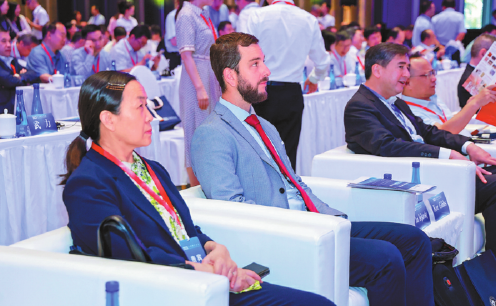

Today's Top News
- Effective use of investment emphasized
- China's shuttle diplomacy strives to reach ceasefire
- Nanjing Museum's handling of donated art, relics being probed
- Key role of central SOEs emphasized
- New travel program hailed as 'milestone'
- Animated films top draw at box office
















